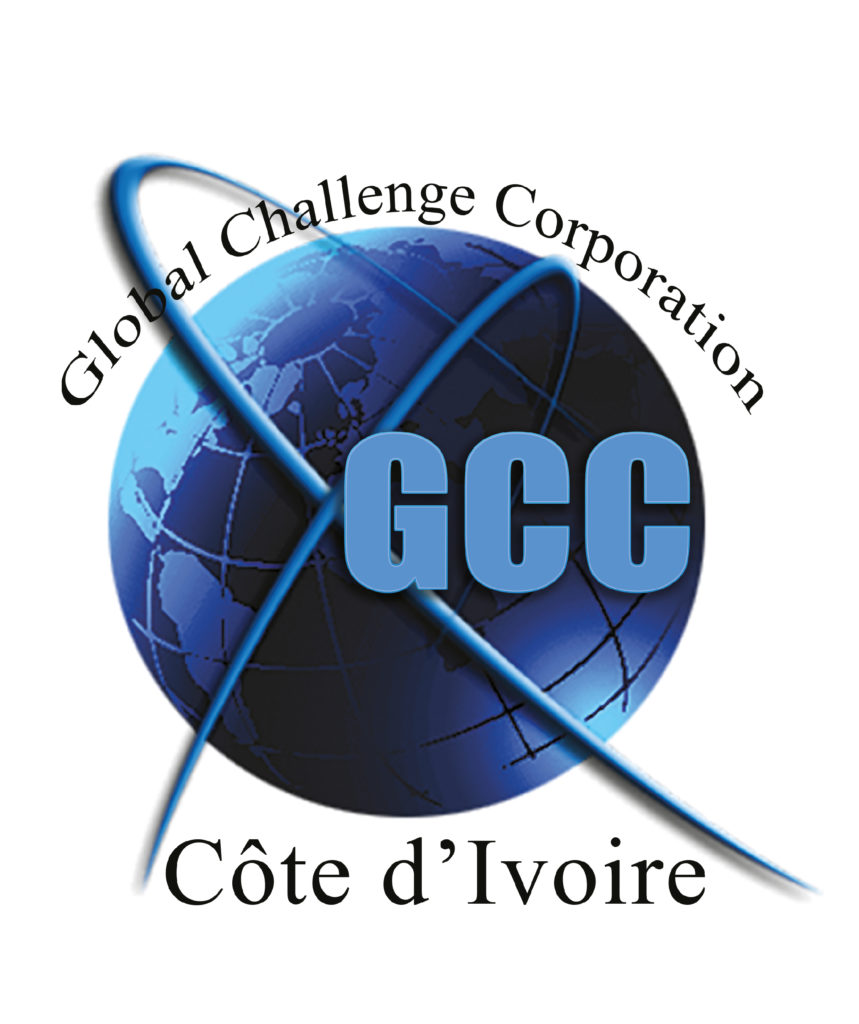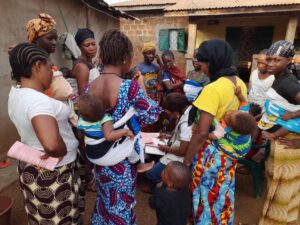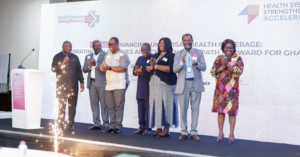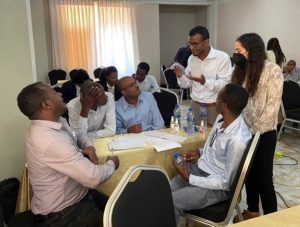Côte d'Ivoire
Activity Completed in 2021
The Challenge
Côte d’Ivoire has experienced significant economic growth and is consistently ranked one of the fastest growing economies in Africa. However, domestic health expenditure is only estimated at 4.40% of GDP and a significant proportion of their priority vertical health programs, notably the vaccination and HIV/AIDS programs, are supported by external financing.
In 2018, PEPFAR spent an estimated $140.5 million on a variety of HIV/AIDS prevention and treatment activities. Despite these resources, HIV is a leading cause of death for both men and women in Côte d’Ivoire. It has therefore become urgent for health financing stakeholders in Côte d’Ivoire to address inefficiencies in terms of governance, financial management, and the sustainability of health programs.
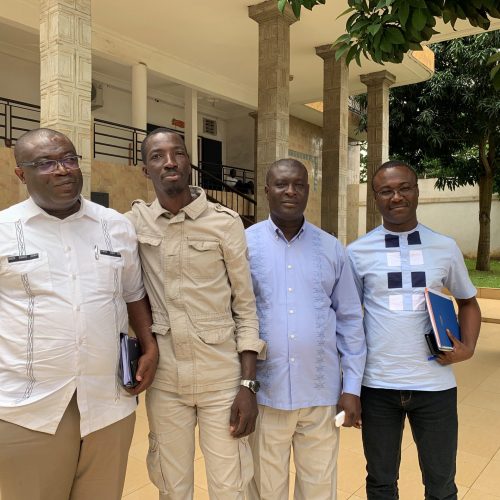
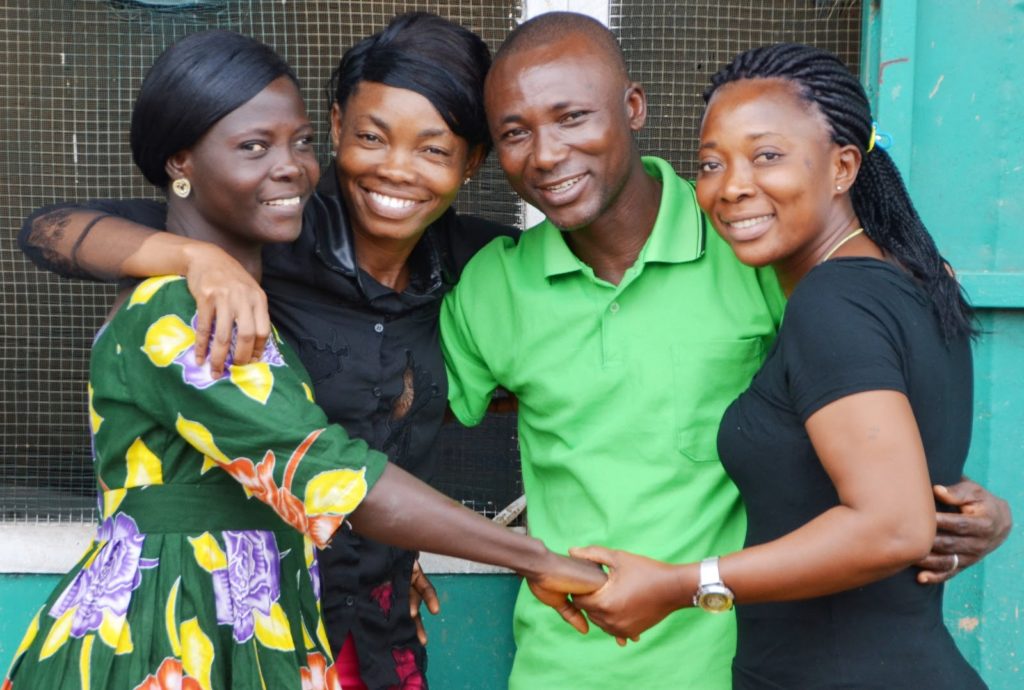
The Opportunity
The Government of Côte d’Ivoire is committed to addressing these inefficiencies and improving low health indicators through various reforms including the pursuit of universal health coverage through the Caisse Nationale d’Asurrance Maladie (CNAM), the scale-up of strategic purchasing mechanisms, and a move toward program-based budgeting for health. Additionally, since joining the Global Financing Facility (GFF) in 2017, Ivorian leadership has created a country platform and investment case to facilitate multi-stakeholder collaboration to improve the lives of the most vulnerable.
Our Work
The Accelerator will provide technical assistance to support the establishment of the Plateforme nationale de coordination pour le financement de la santé (PNCFS), a multi-stakeholder platform for discussions on resource mobilization and utilization as well as the execution of national strategic plans and health- and development-related policies. HSS Accelerator support may include translating global knowledge to the Ivorian context and partnering with local stakeholders to improve the efficiency of HIV spending and contribute to a sustainable financing transition plan for HIV programs. Other activities will include:
- Facilitating multi-stakeholder analysis and priority setting for sustainable HIV financing
- Supporting government-led integrated HIV program management and oversight at central and decentralized levels to ensure the sustainability of and continued access to HIV program services
- Collaborating with civil society and government stakeholders to ensure that HIV services are provided free of charge as mandated
Ultimately, the Accelerator is expected to contribute to achieving the PEPFAR strategic objective of enhancing national capacity for governance, sustained leadership and ownership, and effective health policy adoption in Côte d’Ivoire, and ultimately improved health outcomes towards epidemic control of HIV.
News & Resources: Côte d'Ivoire
Un outil de plaidoyer axé sur le changement de comportement : Renforcer le dialogue citoyen pour un financement durable de la santé
Un outil de plaidoyer budgétaire innovant favorise l'engagement citoyen et...
Read MoreAccelerator Program Paves the Way for Ghana’s Launch of National Health Database
Discover how the Accelerator program played a vital role in...
Read MoreGlobal Case Study Presentation on Rehabilitation Integration
Join us on September 11 for insights on integrating rehabilitation...
Read More